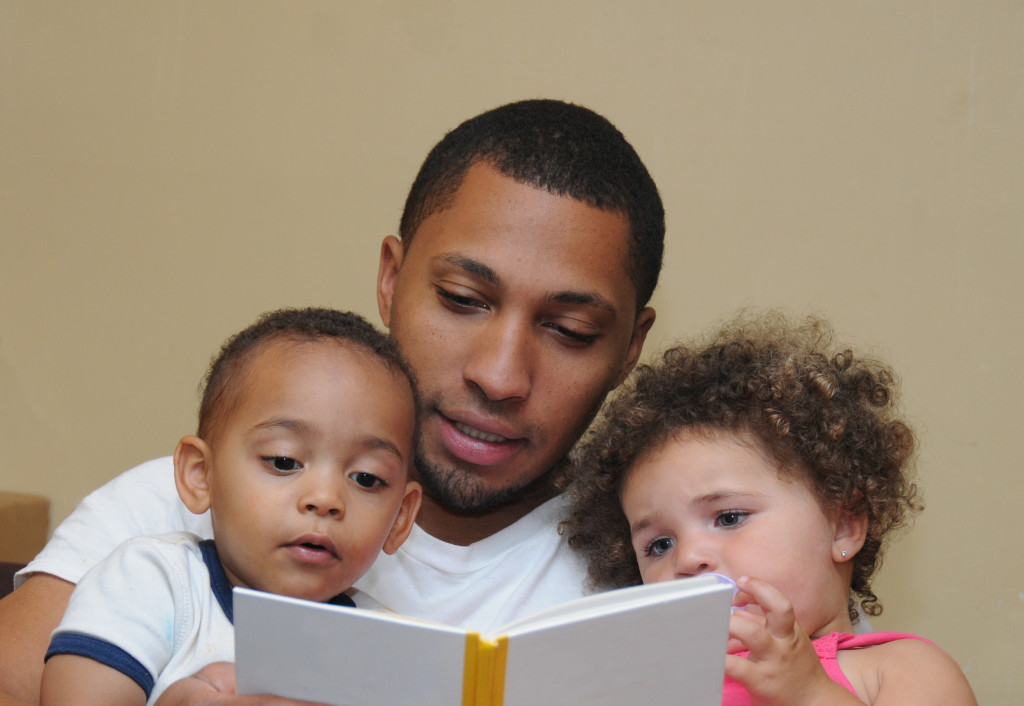- Consider the well-being of those involved by assessing living conditions and overall convenience.
- Assess the health of both partners and rule out any genetic predisposition for diseases or disorders.
- Evaluate your emotional preparedness to be parents and have a support system to help with childcare/parenting duties.
- Consider your life aspirations and how having a family will shape them to ensure you make the right decision.
Starting a family is one of the most critical decisions any couple can make. It’s a huge commitment and requires careful consideration before taking the plunge. There are many things to consider when deciding whether or not starting a family is right for you.
With so much to consider, it’s normal to feel overwhelmed by all the implications of parenthood. Still, by researching and discussing these matters openly with your partner, you can make an informed decision together on what’s best for both of you in terms of starting a family.
The well-being of those involved
Here are some tips on how to consider the well-being of everyone involved when starting a family:
Living conditions and space for a baby
When planning to start a family, considering the living conditions and space needed for a baby in advance is of utmost importance. This includes researching a suitable house for sale that can meet the baby’s and parents’ demands.
Besides offering adequate physical space, prospective homeowners should consider safety features like plugs, staircase barriers, window guards, etc., to ensure their baby’s utmost protection and well-being.
Moreover, assessing other factors like access to quality healthcare services, the convenience of public transportation, and schools nearby every house should also be considered as it contributes significantly towards your child’s overall progress during the formative years.
The health of both partners
As any parent can tell you, raising children is a great responsibility that requires consideration of multiple factors. Before starting a family, couples should ensure they have good physical and mental health.
Family planning involves not just the potential parent’s health but that of the future child as well. It is essential to rule out any genetic predisposition for diseases or disorders by running the appropriate tests. Furthermore, both partners should follow proper nutrition to ensure their children get the best possible chance at a healthy start to life.
Emotional preparedness to be parents
Becoming a parent is a huge undertaking, and knowing if you are emotionally ready can be difficult. Before starting a family, taking stock of your confidence in your ability to provide the unconditional love and support your children will need during their lives is essential.
Having an honest dialogue with yourself about any doubts or reservations that you may feel can help prepare you for the tremendous commitment of parenthood. It can also be beneficial to talk with other parents who have gone through the experience, as they may have valuable insight on what it takes to manage the emotional toll of parenting.
The support system in place
When starting a family, it is important to consider the support system you have in place before taking the plunge. Think about who could help take some of the load off, be it grandparents, a trusted friend or neighbor, or perhaps an out-of-home daycare option.
It is always helpful to have someone nearby who can help with parenting duties when needed – after all, no one should ever feel like they must do this job on their own. Plus, having somebody there as backup gives peace of mind and allows for much-needed breaks to keep you balanced and healthy. Taking the time to evaluate your support system before starting a family pays off in the long run!
Life goals

Starting a family is an important life decision that cannot be taken lightly. Before taking such a big step, it is essential to carefully consider life goals and how having a family will impact them. This means planning for financial stability, as raising children requires an ongoing investment of both time and money and the legal framework necessary for providing for them.
It’s important to remember that parenthood comes with significant responsibility, so thoughtful preparation can help ensure everyone involved has the best chance of success. Planning in this way allows couples to take control of their future and make good choices while minimizing future surprises or disappointments.
Financial considerations
For most people, starting a family is an incredible milestone that requires careful planning and consideration. One of the most important things to consider before parenthood is your financial situation. Having a clear understanding of your current income and liabilities and any potential changes to your resources shortly will provide a strong foundation for tackling the mounting costs of raising kids.
Ensuring you know all available options – including possible government supports and subsidies – can also be beneficial when managing cost-of-living increases. Taking these steps will not only ensure you are better equipped to provide the necessary support for your family, but it will help you identify opportunities for achieving long-term material security for everyone well into the future.
These are just some of the many things to consider when deciding whether or not to start a family. Taking the time to research and evaluate each factor can help ensure that you make an informed decision that is right for both of you.

